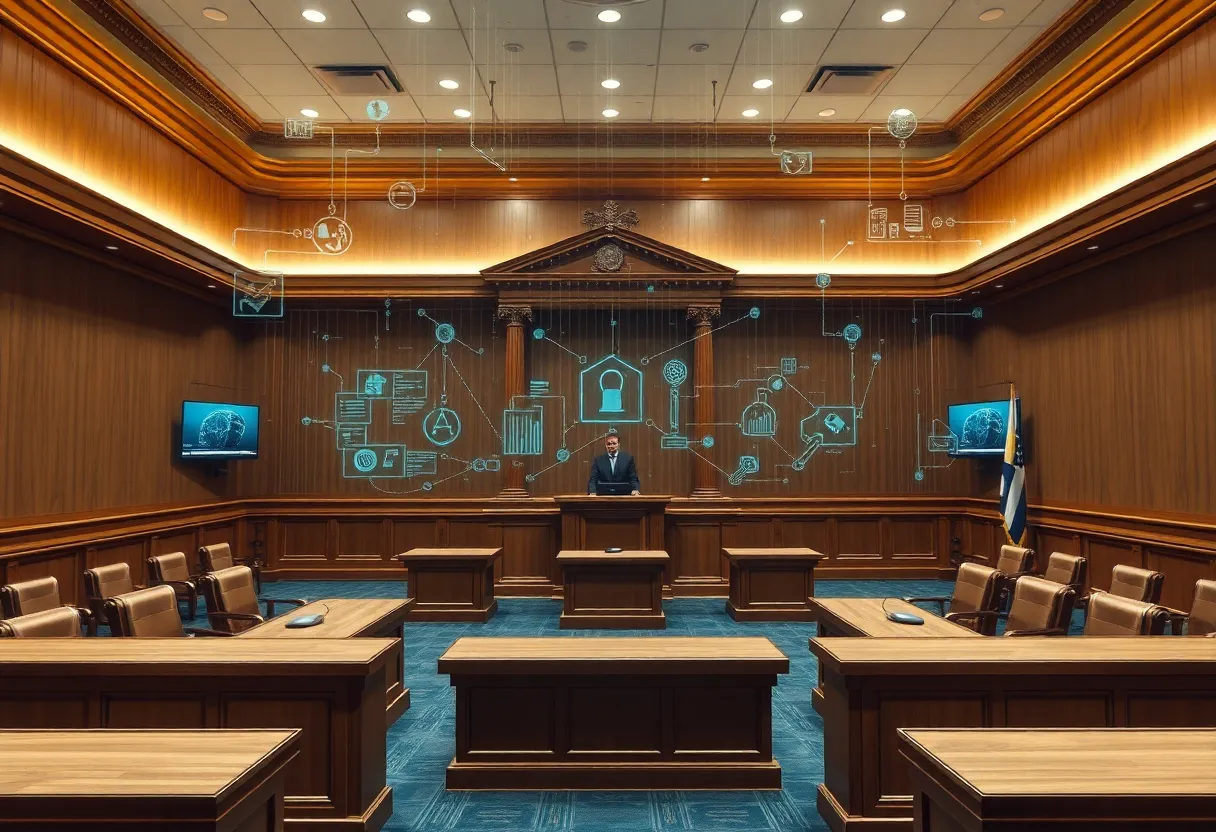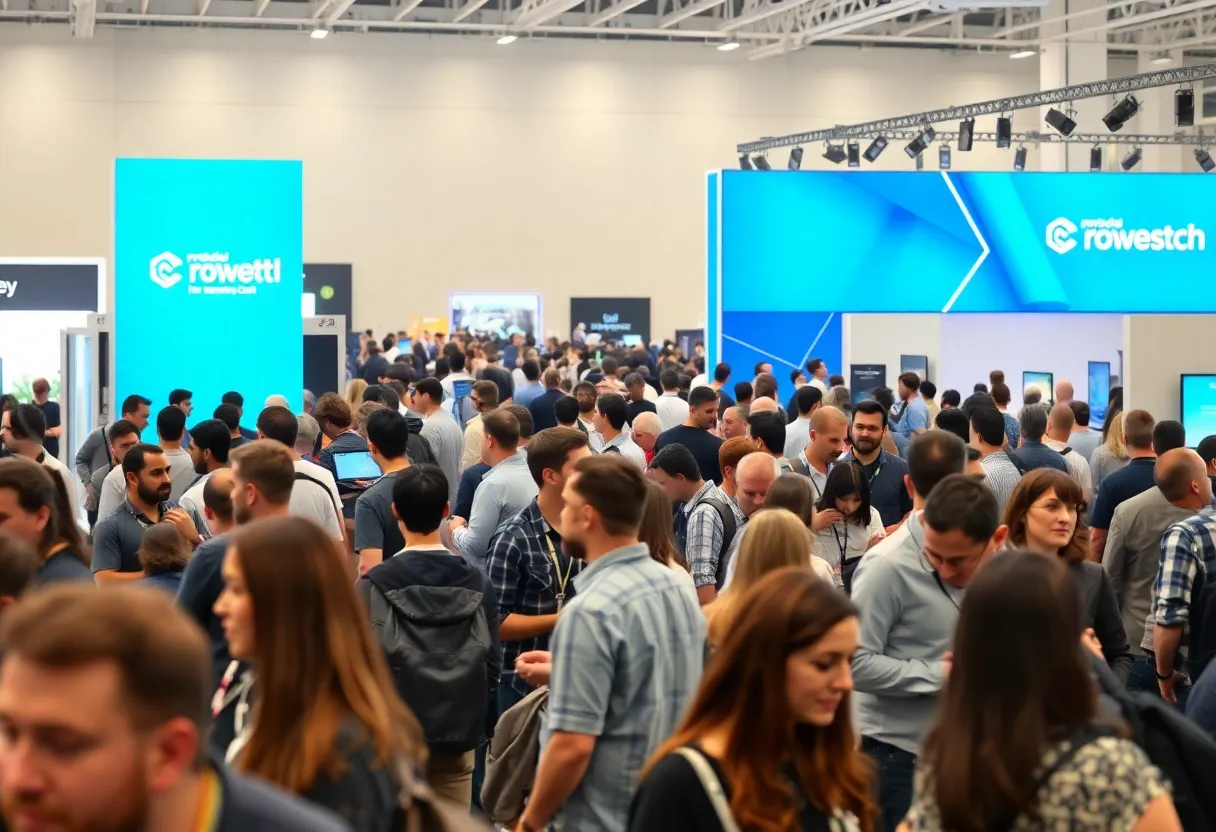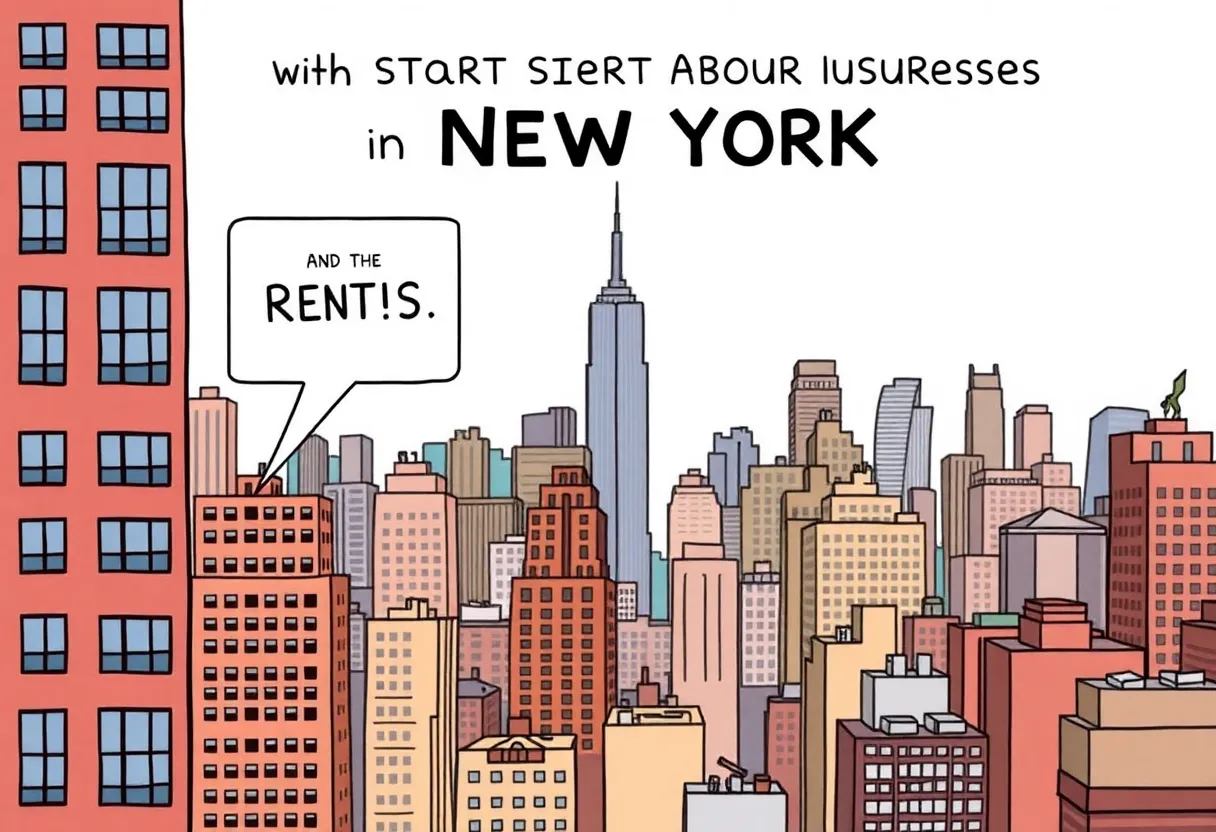News Summary
OpenAI is appealing a court order requiring the indefinite storage of user data, which conflicts with its privacy policies. The ruling arose from a copyright lawsuit by The New York Times, alleging improper use of its content for AI training. OpenAI’s COO labeled the ruling an overreach, stating it undermines user privacy. The legal battle underscores pivotal issues surrounding Copyright, user data, and the implications for AI technologies. The outcome may set critical precedents affecting how AI companies handle user data and content access.
California – OpenAI has announced it will appeal a recent court order mandating the indefinite storage of user data, significantly impacting the company’s privacy policies. This decision comes as a direct response to a copyright lawsuit filed by The New York Times, which alleges that OpenAI, alongside Microsoft, has unlawfully used content from its articles to train artificial intelligence models, including ChatGPT.
The court’s ruling demands that OpenAI retain logs of conversations that users have requested to be deleted, contradicting the company’s established policy of removing user chats after a retention period of 30 days. This new requirement was driven by allegations that OpenAI and Microsoft “copied and used millions” of The New York Times’ articles, a practice the newspaper claims has substantially bolstered the financial success of both companies.
OpenAI’s Chief Operating Officer has criticized the ruling as an “overreach” and has emphasized that the requirement infringes upon the firm’s commitment to user privacy. The data that the company is compelled to retain will only be accessible to select members within OpenAI’s legal and security teams for specific legal purposes, which the company has assured will maintain user confidentiality.
The New York Times’ lawsuit underscores the significant financial implications of AI technologies developed using its content. Notably, the lawsuit cites that Microsoft’s market capitalization surged by $1 trillion following the introduction of AI models that were allegedly trained on data sourced from The New York Times. The paper claims this constitutes direct infringement of copyright, pressing for accountability and compensations for the unauthorized use of its intellectual property.
OpenAI’s decision to file an appeal aims to safeguard the privacy of its users, a fundamental principle for the organization as stated by its CEO. The implications of this legal battle extend to all ChatGPT users, with the exception of those who engage with specialized services like ChatGPT Enterprise or have certain data retention agreements. This initiative is seen by Altman as a crucial step in addressing what is being termed “AI privilege,” suggesting that interactions with artificial intelligence should be treated with the same confidentiality as private discussions with legal or medical professionals.
The court had previously acknowledged the assertions made by The New York Times, finding merit in their argument that OpenAI and Microsoft contributed to copyright infringement through the indiscriminate copying of the newspaper’s content. The outcomes of this appeal may set significant precedents regarding user data privacy and the future operations of AI companies, particularly how they handle user-generated content and interactions with their platforms.
As the legal proceedings unfold, both OpenAI and The New York Times are likely to shape the narrative around copyright laws in the digital age, especially concerning the burgeoning field of artificial intelligence. With the stakes high for user privacy and corporate accountability, the outcome of this case will resonate deeply within the tech industry and beyond.
Deeper Dive: News & Info About This Topic
- The Verge
- The New York Times
- Reuters
- Wikipedia: Copyright Infringement
- Google Search: OpenAI NYT lawsuit








